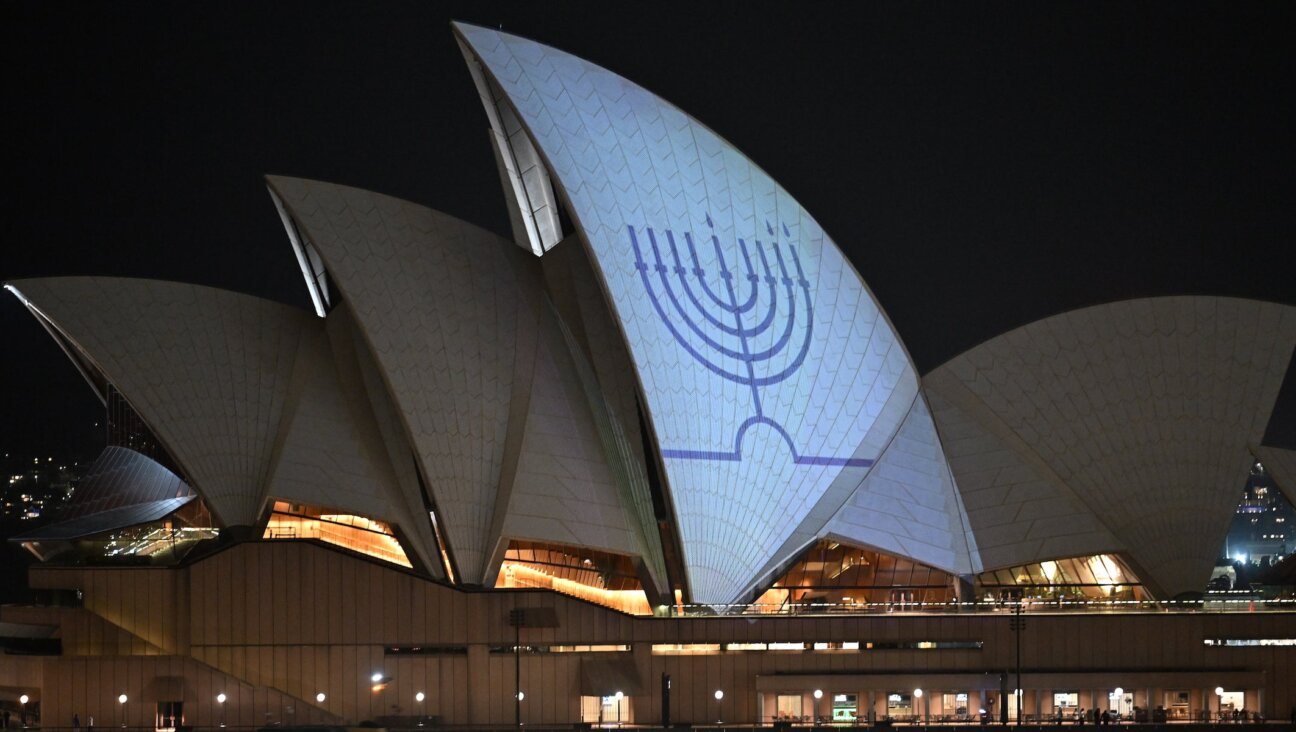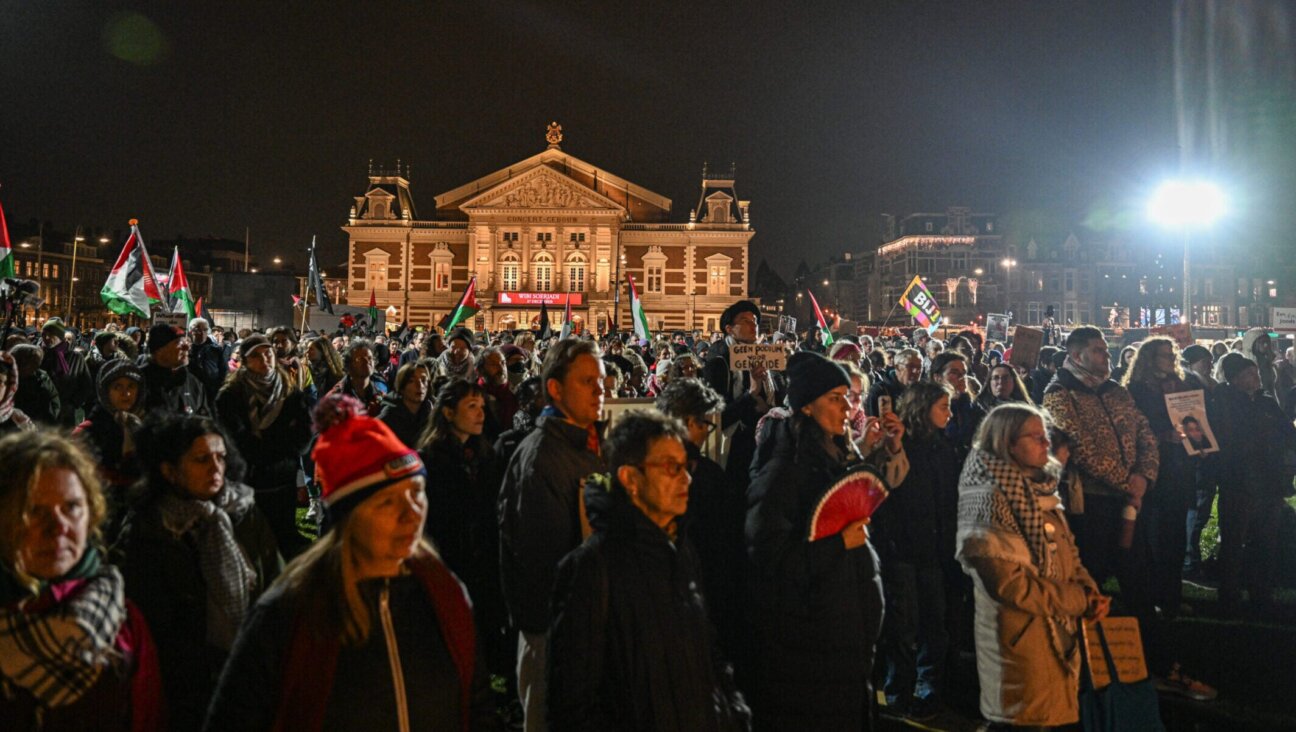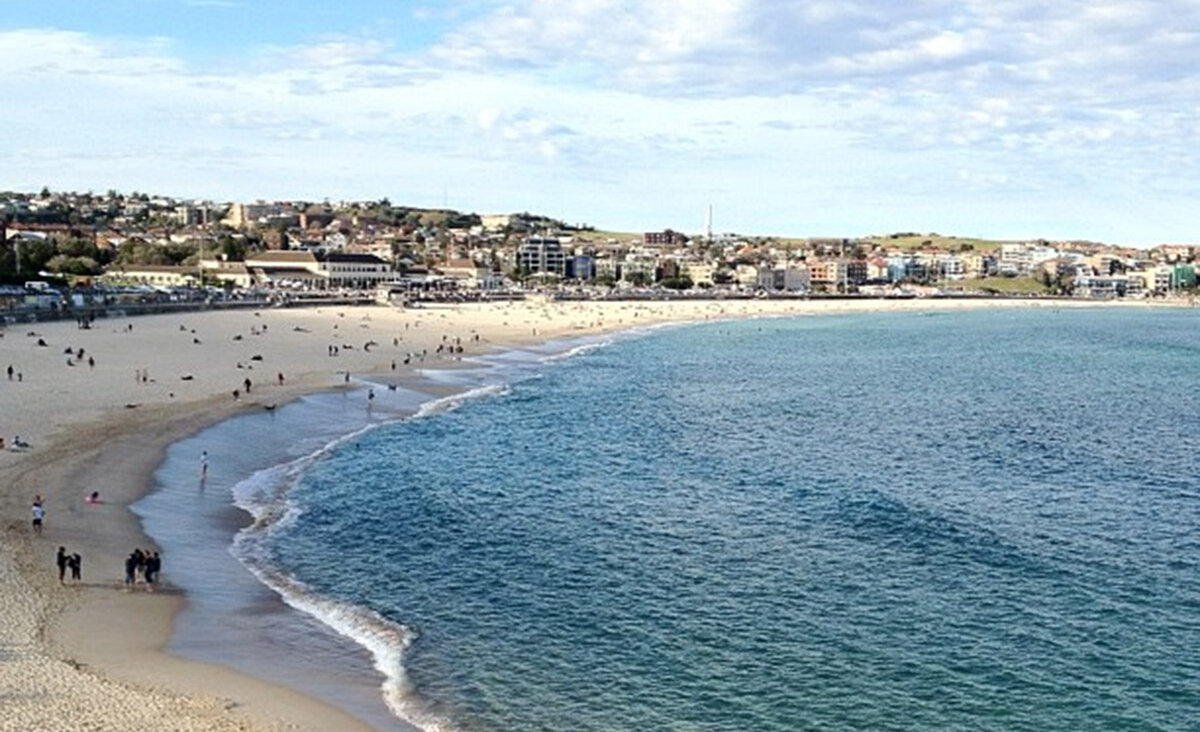Brooklyn Activists: Building With Big Apartments Designed for Ultra-Orthodox

Graphic by Angelie Zaslavsky
The plans for a 1,146-unit apartment complex in South Williamsburg have reopened a debate within the neighborhood’s diverse community over who gets the best affordable housing. Some residents fear that the Rabsky Group’s eight-building development will have a sizable number of multi-bedroom apartments — a layout that they say privileges large ultra-Orthodox families over smaller Hispanic families.
Leaders of the neighborhood’s Hispanic community discussed their concerns about the Rabsky Group project at a community board meeting on Tuesday.
“It’s a segregated rezoning. The city has participated in creating a segregated community through rezoning. How is that right?” Robert Solano, a Williamsburg resident and the head of Churches United for Fair Housing, told DNAInfo. “I walk through the Broadway Triangle rezoning [every day]. Don’t tell me it’s inclusive.”
Despite strong disagreement from community members, the measure to rezone the 200 block of Harrison Avenue for the Rabsky Group development passed 25-15.
According to the Pew Research center, ultra-Orthodox families have about four children on average. The Population Research Institute reported that Hispanic families have slightly below four children on average, though it noted that Hispanic family size is decreasing.
“It’s perceived that it’s a Jewish project because it has a Jewish developer,” Rabbi David Niederman, head of United Jewish Organizations, said of the Rabsky Group project. The company is co-owned by two Jewish men. “This is a project that is going to be [a place] where African Americans, Latinos live next door to each other in wonderful relationships.”
Contact Ari Feldman at [email protected] or on Twitter @aefeldman.















